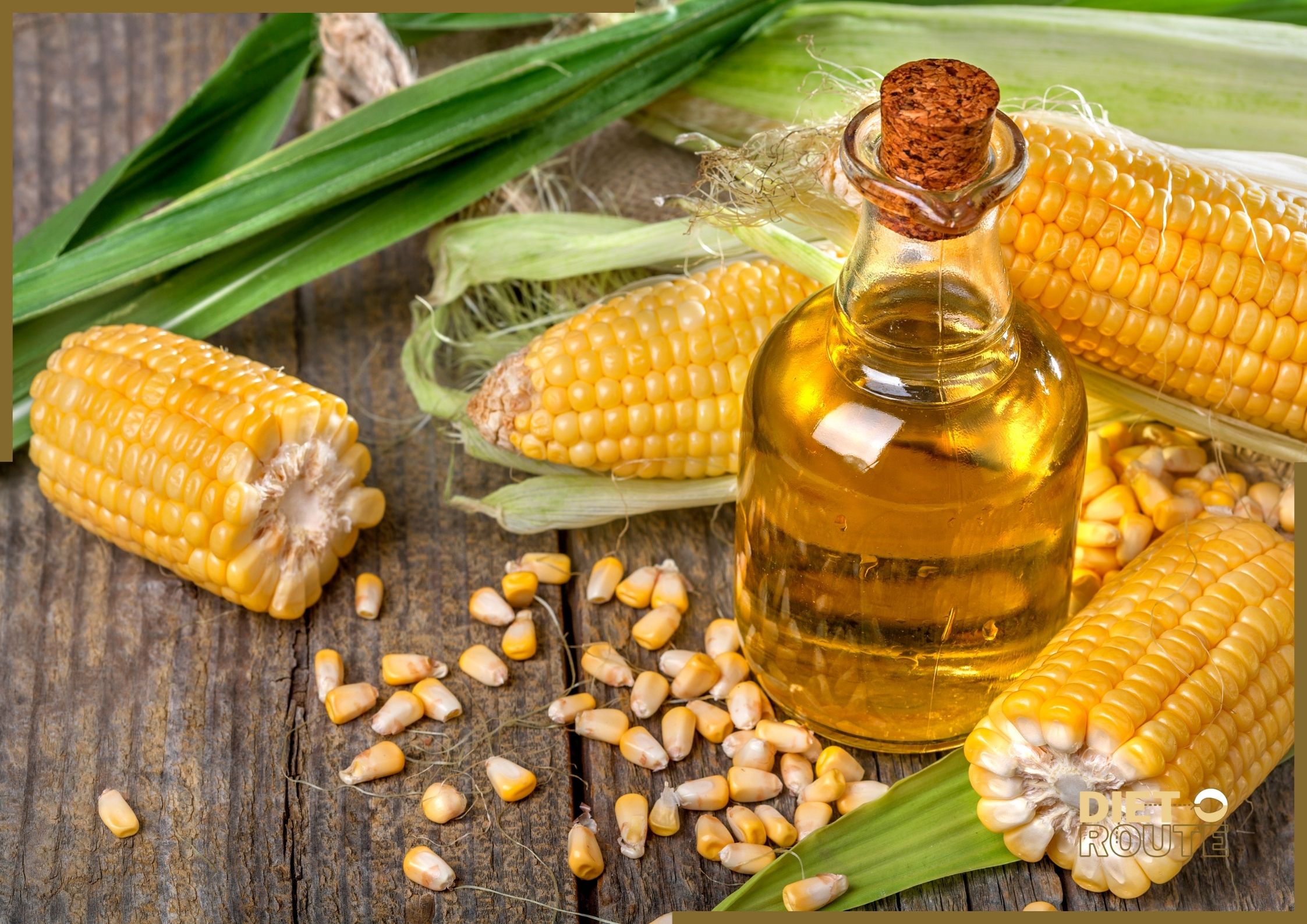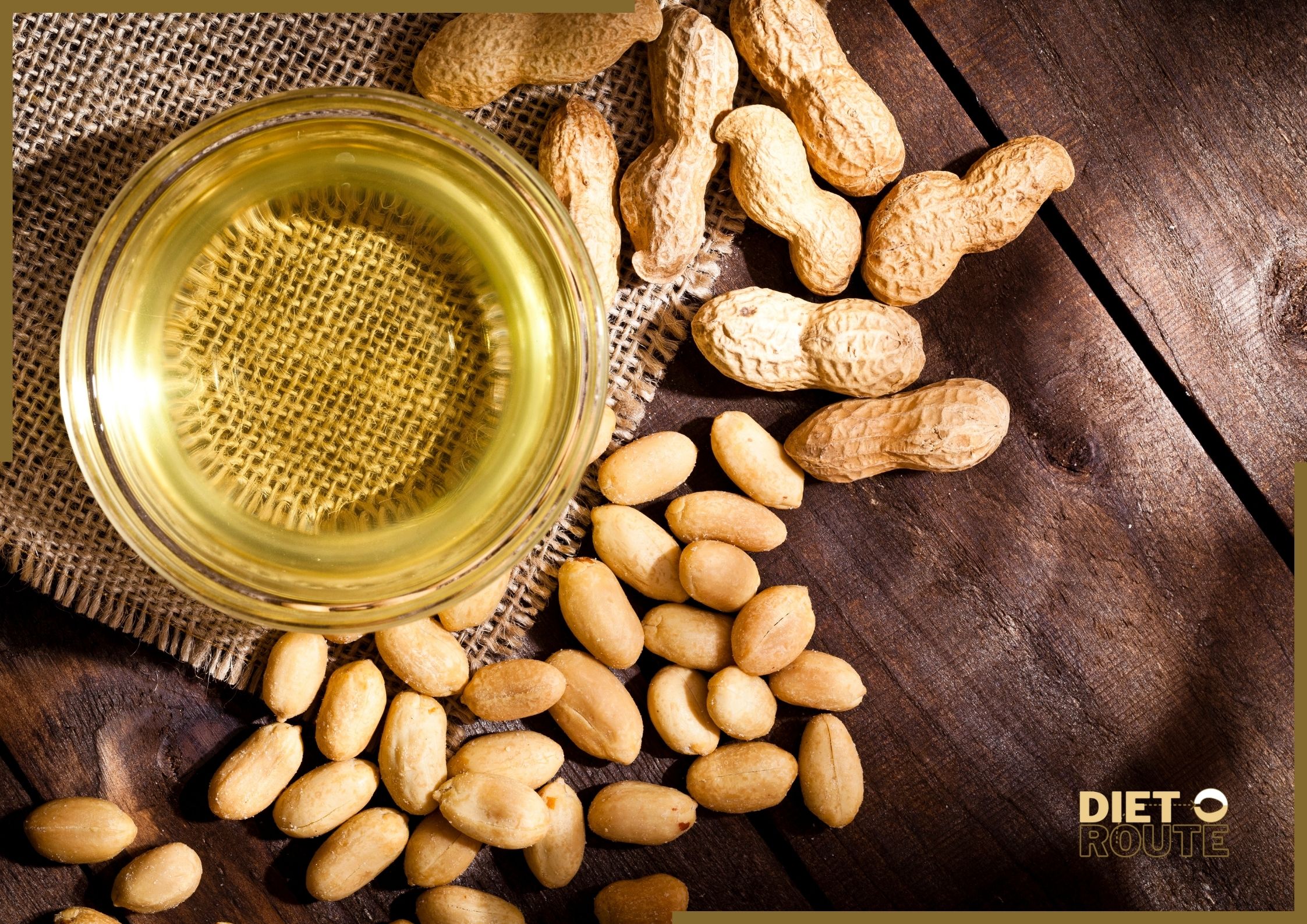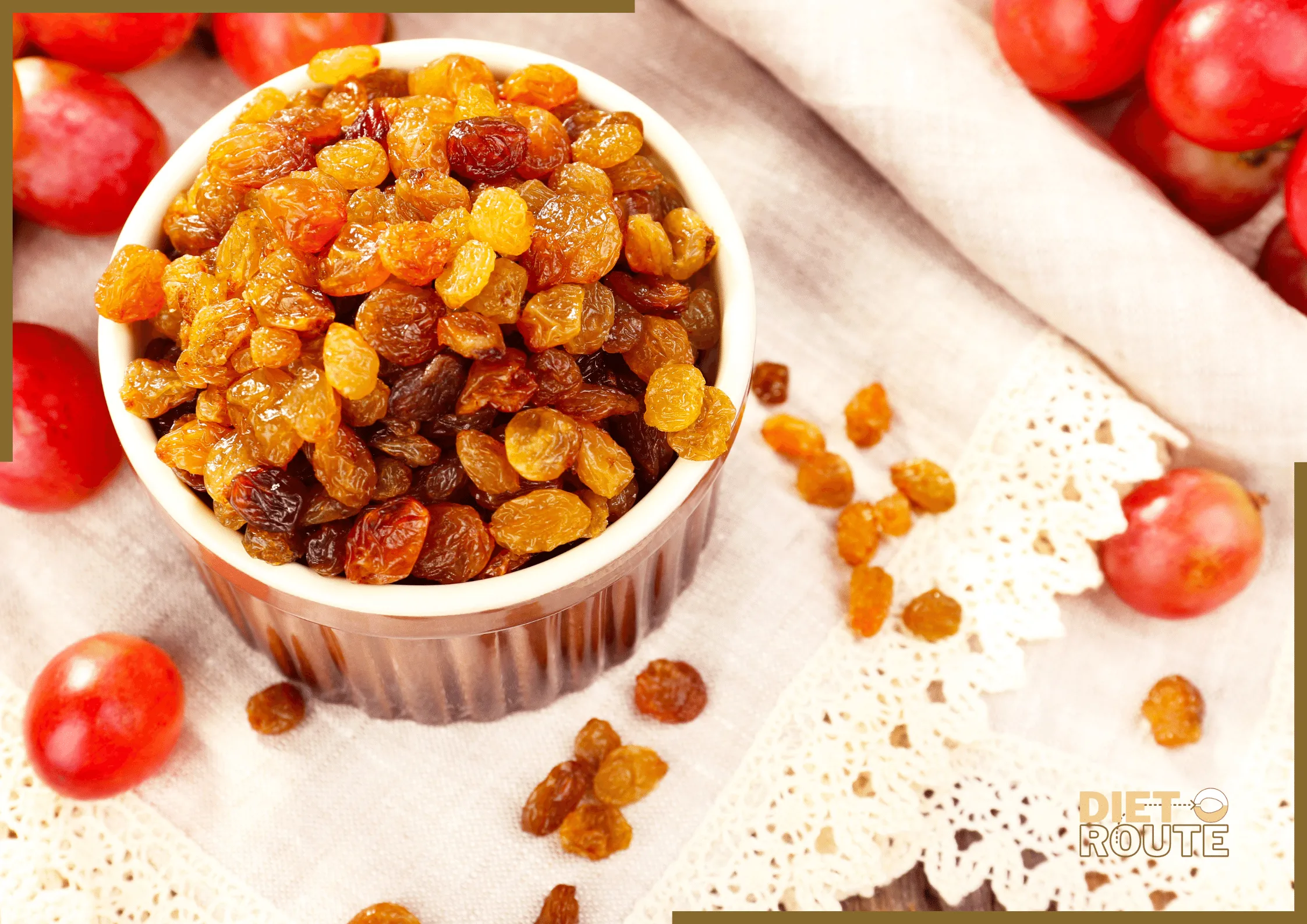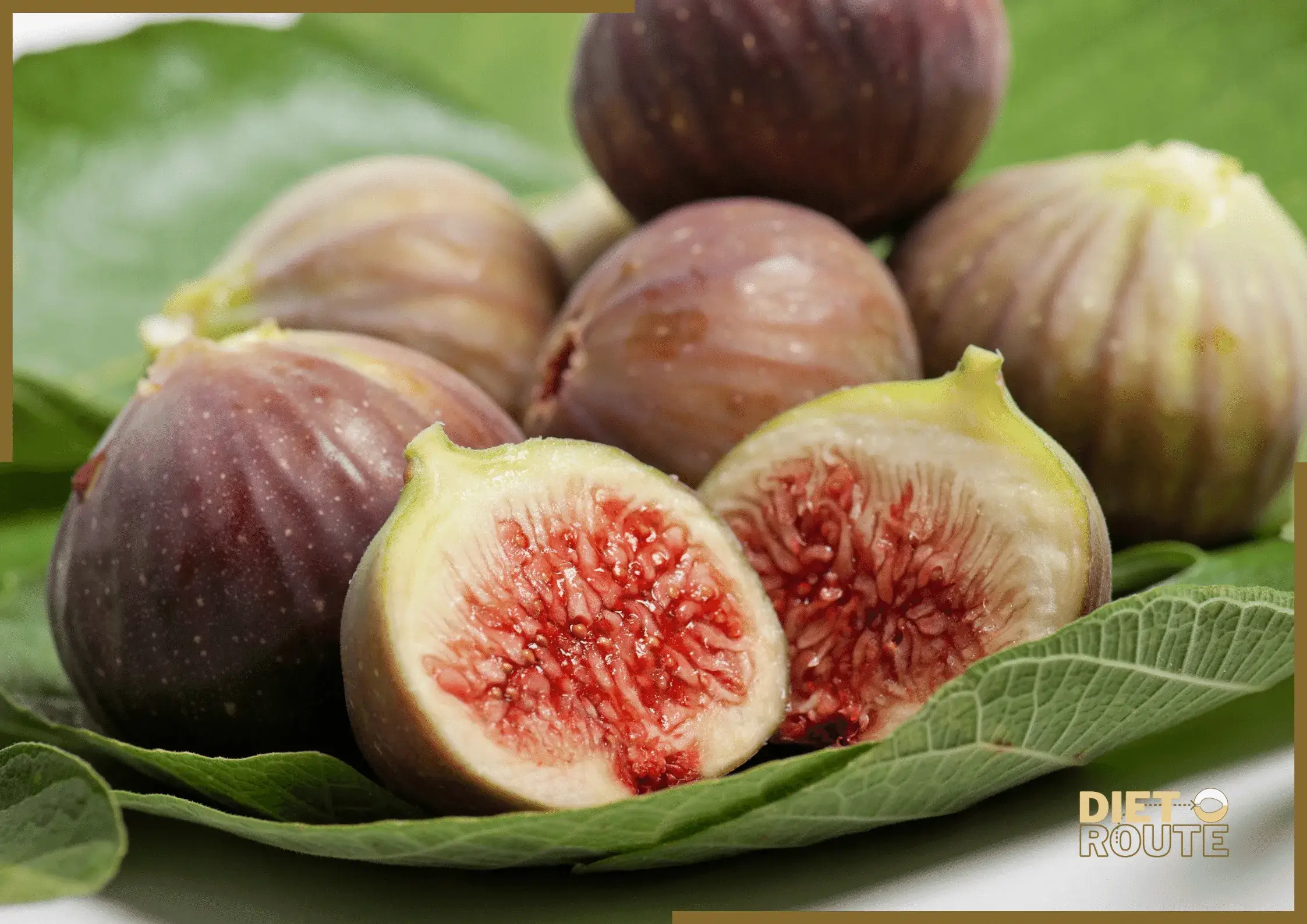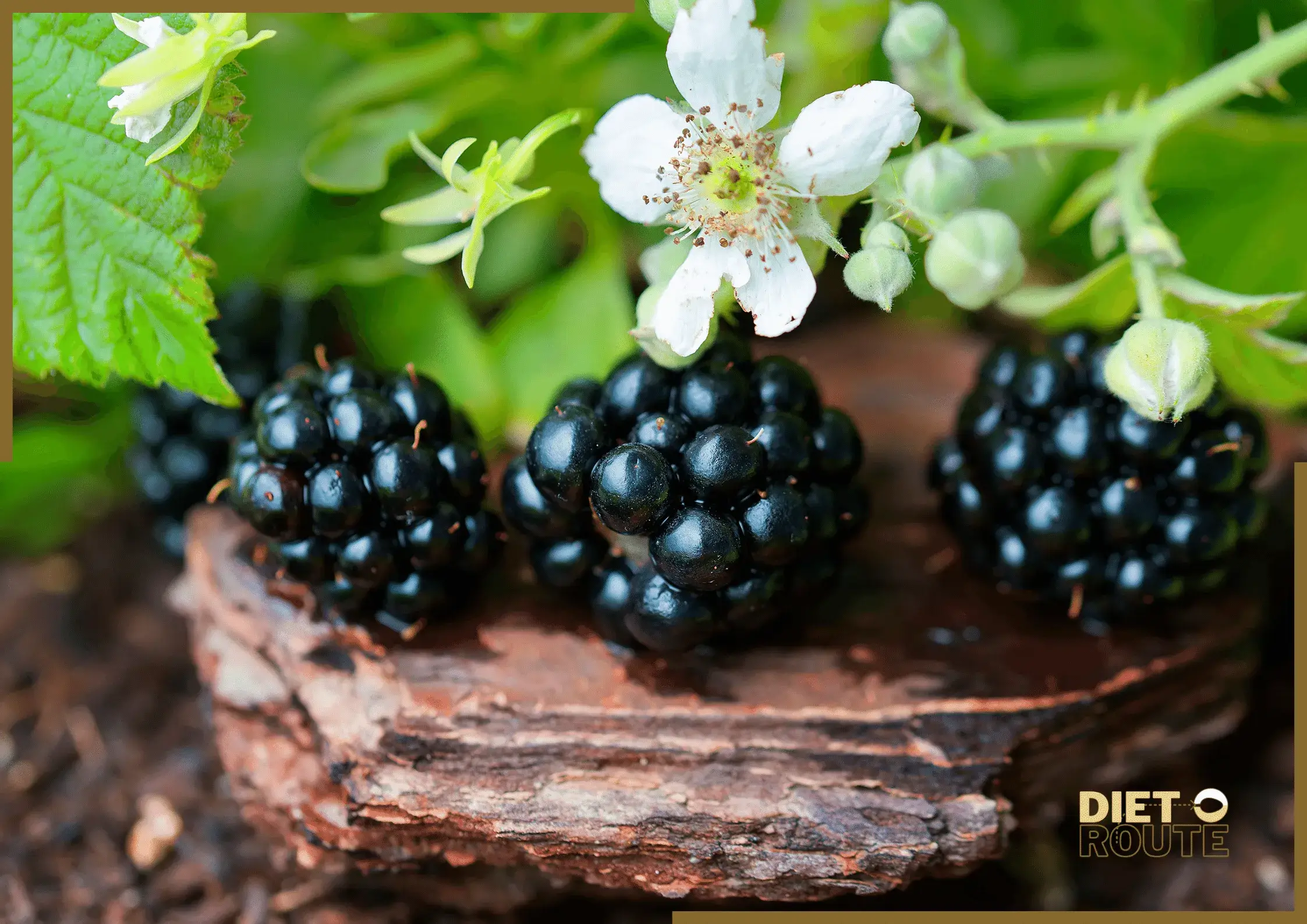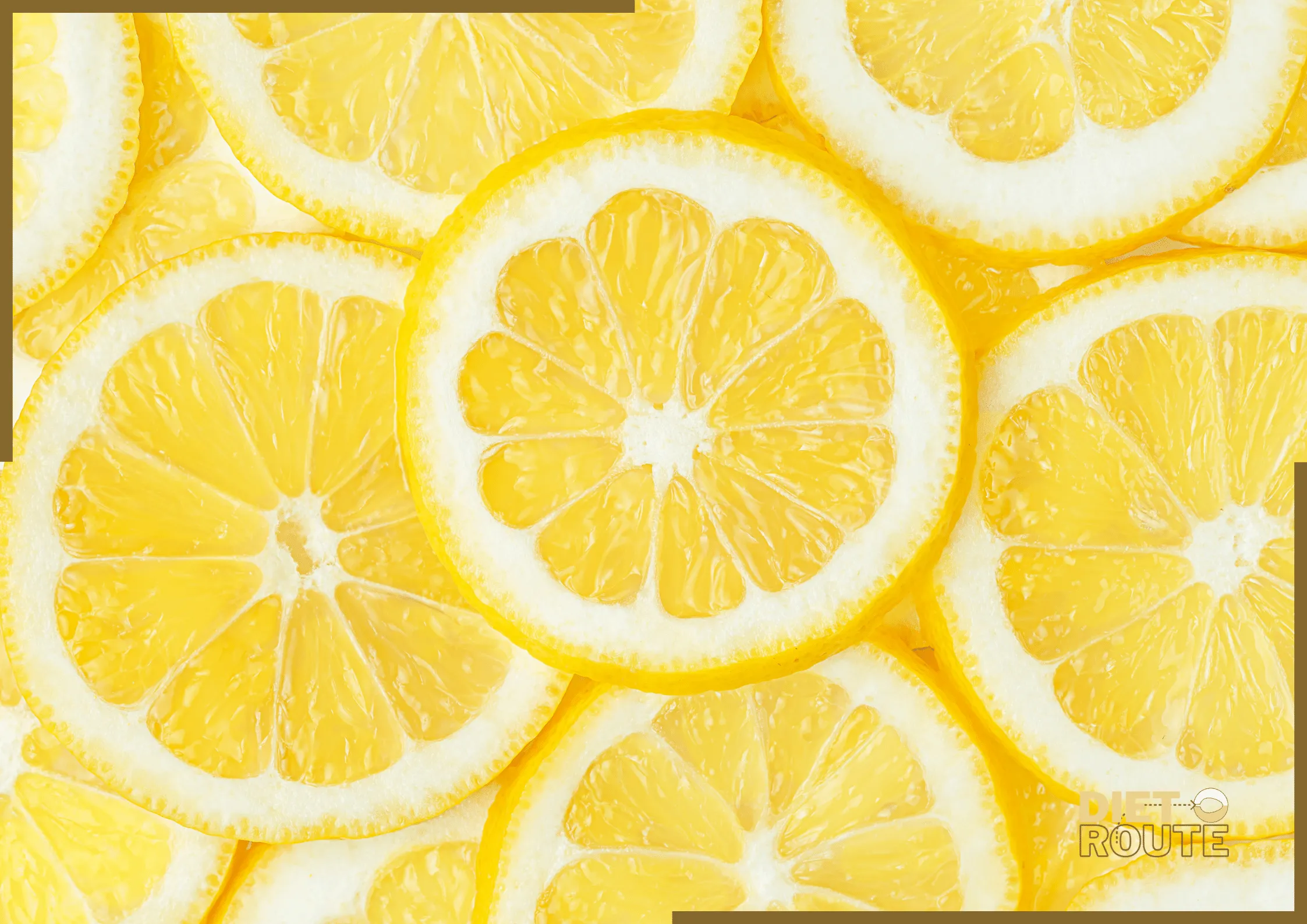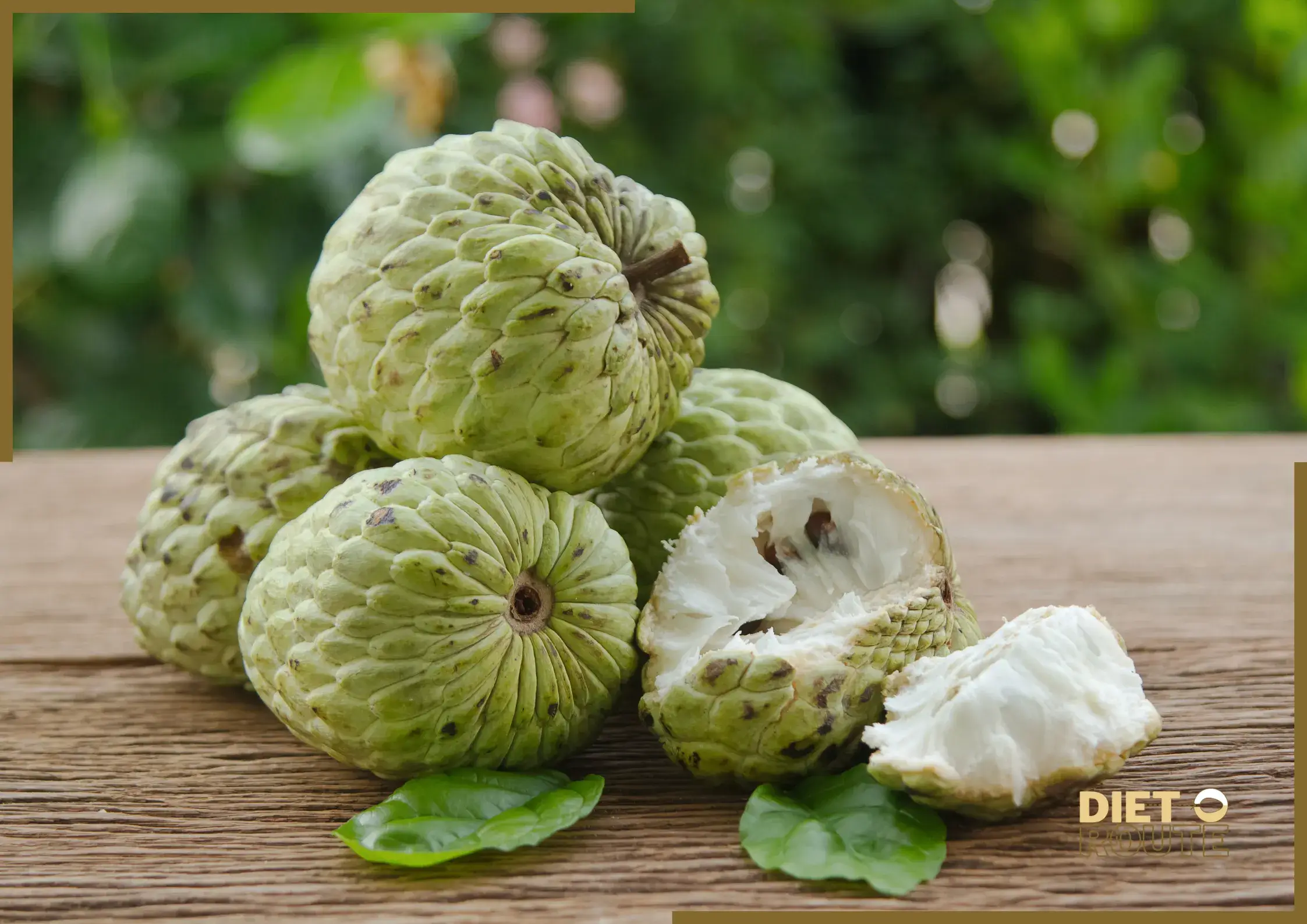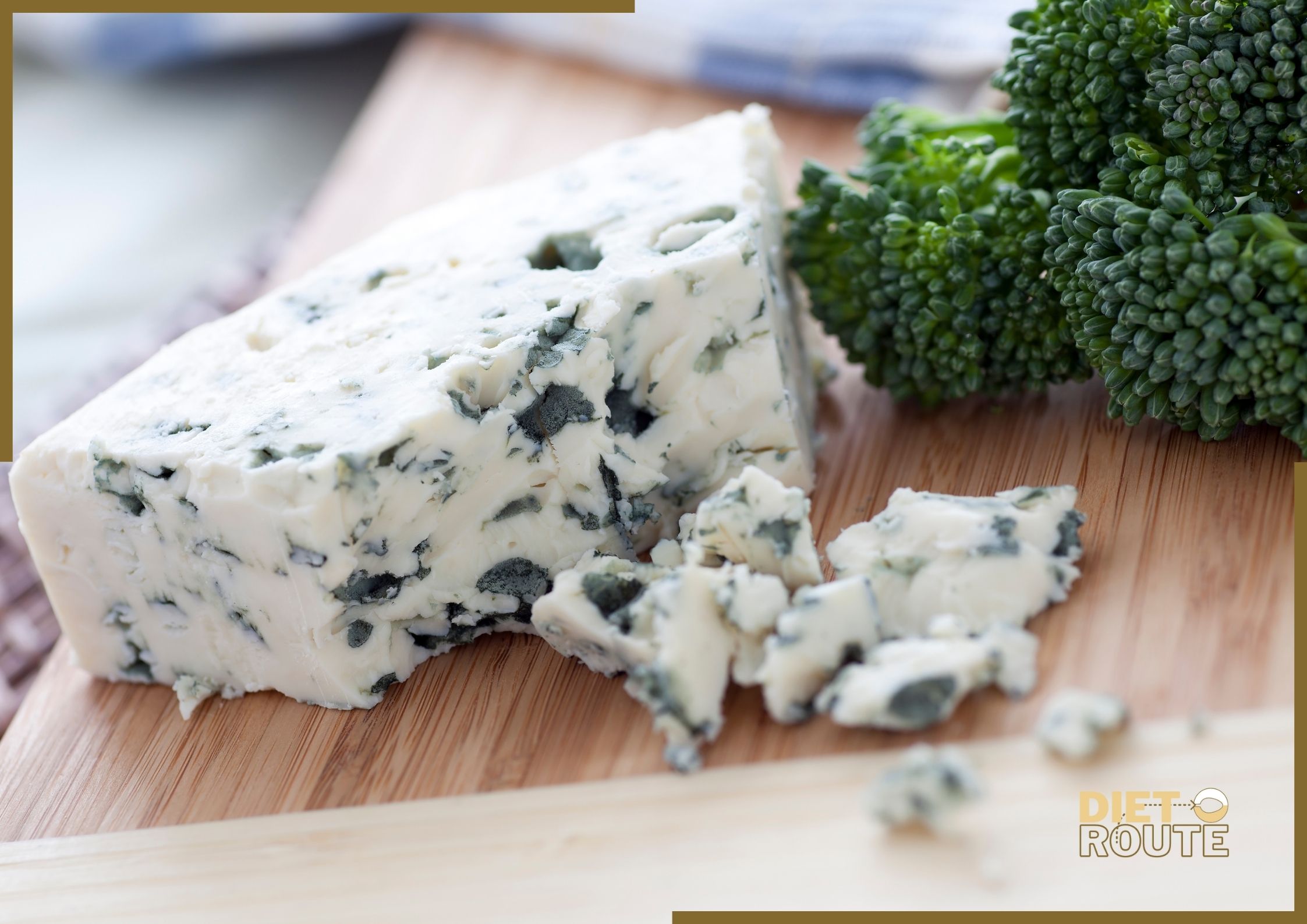Table of Contents
Introduction
Edible corn oil is a famous cooking oil made from the germ of corn kernels. It has a mild flavor and can be used in many different ways. It is used in many ways in the kitchen, like frying, sautéing, and making salad dressings. This article will tell you everything you need to know about the nutritional content, including a table that shows how much of each nutrient it has per 100 grams. We will also talk about the pros and cons, answer some of the most common questions about it, and help you decide if you want to add it to your diet.
Nutritional Value Approximately 100g
| Nutrient | Amount Per Serving (1 tablespoon) | % Daily Value |
|---|---|---|
| Calories | 120 | 6% |
| Total Fat | 14g | 18% |
| – Saturated Fat | 2g | 10% |
| – Trans Fat | 0g | |
| Monounsaturated Fat | 4.6g | |
| Polyunsaturated Fat | 7.8g | |
| Cholesterol | 0mg | 0% |
| Sodium | 0mg | 0% |
| Total Carbohydrates | 0g | 0% |
| – Dietary Fiber | 0g | 0% |
| – Sugars | 0g | |
| Protein | 0g | 0% |
| Vitamin E | 1.9mg | 13% |
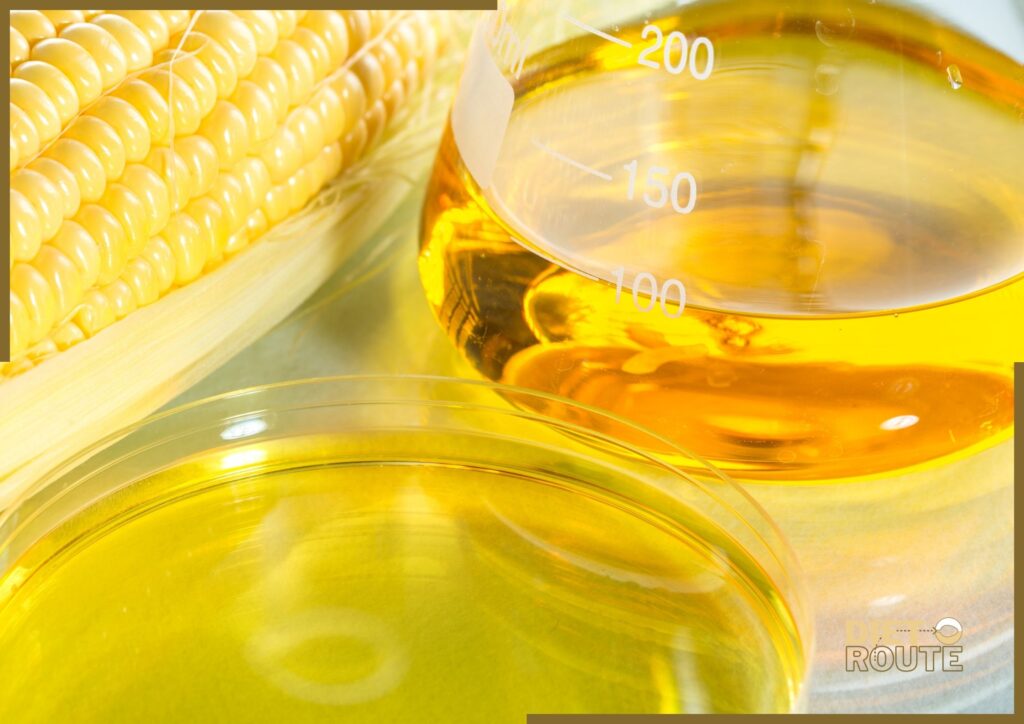
Pros
1. It is low in heavy fat and high in monounsaturated fats, both of which are good for your heart health.
2. It is a good source of vitamin E, which is an antioxidant that helps the defense system work and keeps cells from getting damaged.
3. It has a high smoke point, making it suitable for frying and sautéing, among other cooking techniques.
4. It doesn’t have a strong taste, so it lets the natural flavors of other ingredients shine through in dishes.
Cons
1. While it is a good source of omega-6 fatty acids, too much of it without a balance of omega-3 fatty acids may contribute to inflammation. Maintaining a balance between these fatty acids in the food is important.
2. It is derived from corn, so individuals who have allergies should be careful when consuming corn oil.
Frequently Asked Questions (FAQ)
1. Can corn oil be used for cooking at high temperatures?
The smoke point is high, making it suitable for high-heat cooking techniques.
2. Is corn oil suitable for individuals who have allergies to nuts?
Due to the fact that it is not derived from nuts, it is usually safe for individuals with nut allergies. But you should always check for the possibility of cross-contamination.
3. Can you use corn oil in salad dressings?
Yes, because it has a mild taste, it can be used in salad sauces.
4. Does corn oil have cholesterol in it?
No, it does not have any cholesterol.
5. Is corn oil suitable for vegans?
It is suitable for a vegan diet because it is derived from plants.
6. How long can corn oil be stored?
It stays good for a long time if it is kept in a cool, dark place.
7. Can corn oil help reduce cholesterol?
A healthy lipid profile can be achieved when it is eaten as part of a balanced diet. But different people may experience different effects.
8. Does corn oil taste like anything?
It has a mild, balanced flavor that doesn’t overpower the taste of other ingredients.
9. Can allergies be caused by corn oil?
Individuals with allergies should be careful and consult a medical professional because corn oil is derived from corn.
10. Is corn oil suitable for individuals who have a gluten allergy?
It is suitable for individuals with celiac disease or gluten intolerance because it is gluten-free.
In A Nutshell
Heart-healthy fats and vitamin E levels are just two of the many nutritional advantages of edible corn oil. It can be used in a lot of different ways in cooking, and its taste isn’t strong or weak. But it’s important to maintain a balance between omega-6 and omega-3 fatty acids and take each person’s diet needs into account. As with any change to your diet, it’s best to consult a doctor or registered dietitian to get personalized advice on what to add to your diet.
